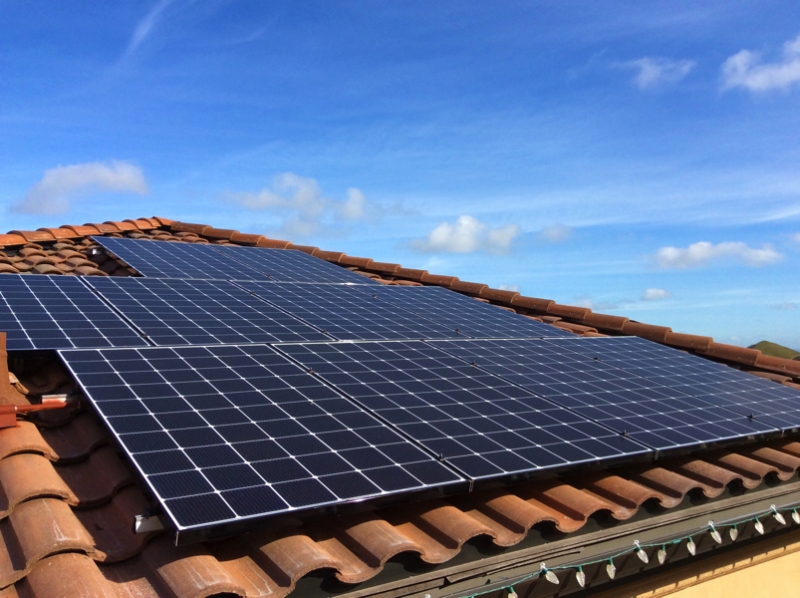Chase the Sun: Why Now is the Right Time to Install Solar

After nearly 40 years of practical application, solar power has established itself as a viable alternative energy source—clean, renewable and reliable. As a result, thousands of homeowners in Sacramento and the San Francisco Bay Area have made the switch to solar, and more continue to follow their example. Besides the practical benefits, a major aspect that attracts prospective solar owners is the solar Investment Tax Credit (ITC), a benefit offered by the federal government. The ITC allows any homeowner who installs a solar PV system to deduct a percentage of the installation cost from their federal taxes. Both residential and commercial solar installations are eligible for the ITC, and there’s no price cap on its value.
While the ITC has been available since 2005, the government has a phase-out schedule in place that gradually reduces its amount. Up until 2019, the ITC had remained steady at 30% before dropping to 26% in 2020. Another drop, this time to 22%, was scheduled to take place in 2021, but in late December 2020, the 26% amount was extended for an additional two years. This means all solar projects that are started before the end of 2022 are eligible for a 26% deduction. With less than two years left to get the maximum ITC benefit, if you’ve been considering making the switch to solar, now is the right time to get the ball rolling.
Is Solar Right for You?
Even though you know solar power works in general, you may be concerned about whether it’ll work for you—both practically and financially. Here are some things to consider:
Practical considerations
There are a few factors that go into determining whether a home is a good candidate for solar. One is the amount of sunlight it receives during the day. Despite the year-round sunny weather in many parts of the Bay Area, if your home is shaded by trees during peak daylight hours, you may not reap the full benefits of a rooftop solar installation. Other considerations include the direction your roof faces and how much room is available for situating solar panels. A flat or east/west-facing roof with lots of unobstructed space will be a good candidate, whereas a north-facing roof with limited space for panels may not be.
However, even if your home doesn’t appear to be a good candidate for solar, you shouldn’t make an assumption based on your own observations. Instead, have an experienced solar contractor perform an in-person appraisal—you might be surprised by what they can do to make solar work for you.
Financial considerations
In addition to the practical conditions for installing solar, it’s important for the financial conditions to make sense as well. After all, if the installation cost exceeds your projected investment return, it may not be worthwhile. Fortunately, this isn’t hard to determine—you simply need to figure out how much you currently pay for energy. In most cases, if you’re spending more than $100 a month, a solar PV system will be a worthwhile investment.
More on the ITC
In order to take advantage of the ITC, you must own your solar system, not lease it. Solar leasing and power purchase agreements (PPAs) are popular these days because they allow homeowners to get the benefits of solar power without the expensive upfront cost. However, solar leases and PPAs can have downsides, especially if you get locked into a long-term contract. And while buying a solar PV system outright is an expensive investment, the ITC lets you recoup more than a quarter of the cost. Furthermore, there are many financing options available for California homeowners to ensure a sustainable payment schedule.
You can claim the ITC when you file your annual federal tax return. One great feature of the ITC is that it can be “rolled over” into subsequent tax years. If you don’t have enough tax liability to claim the full amount in a single year, you can roll the remaining credit amount into the following year and continue to do so for up to five years. Remember to let your accountant know you’ve gone solar in the past year, or if you file your own taxes, find a guide online that shows you how to claim the ITC.
Find a Diamond Certified solar power contractor in your area